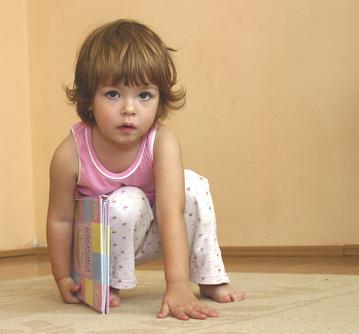Your home environment serves as a foundation for early learning. As your child’s parent, you are her first teacher, and your home is her first classroom. Creating a home environment that fosters learning can have a positive effect on your child’s ability and desire to learn.
Learning Ability
Your child’s ability to learn is directly influenced by his learning environment, according to a study of kindergartners and first-graders conducted by the University of Chicago and published in the August 1998 issue of “Child Development.” Children whose parents create a structured environment that makes time for nutritious eating, adequate sleeping and set study time, tend to be ready and able to learn. Children are better able to pay attention, absorb information and engage in learning if their brain is rested and their belly is full.
Motivation
What you expect of your child, communicate to your child and do with your child will affect your child’s motivation to learn. Your child is likely to decide how much effort and energy he will put into learning based on how much he values learning and education. If you expect your child to do well, he’s likely to do well. If you expect him to do poorly, he’s likely to do poorly. Creating an environment where you can freely show interest in your child’s learning progress, communicate your expectations and model learning can help to increase your child’s motivation.
Attention Level
For your child to learn effectively, she must have some ability to sit still, pay attention and focus. If your home environment has the television constantly going, it can negatively affect your child’s ability to pay attention. Limiting your child’s screen time can help her develop a healthy attention span. The more television young children watch, the more likely they are to have a difficult time paying attention and concentrating during their early school years, according to Marilyn Elias’ April 2005 article in “USA Today.”
Work Habits and Skills
If you want your child to succeed in learning, your home environment must be conducive to developing solid work habits and study skills. Create a designated space for your child to study and teach him to keep learning materials organized. Set up a designated study area in a well-lit area that is free from distractions and provide appropriate storage area for your child to organize his materials. Work with your child on the skills he is currently using. Introducing your child to different study skills, such as effective note taking and flashcard design, can help to instill strong habits and skills.
Maximizing Learning
Creating an environment that provides an opportunity for your child to explore her world can help to maximize learning. Having several books available for reading to and with your child can promote pre-reading and reading skills. Hanging up a globe or map on the wall may pique your child’s interest in geography. Since children learn through play, have age-appropriate toys and arts and crafts supplies available.





